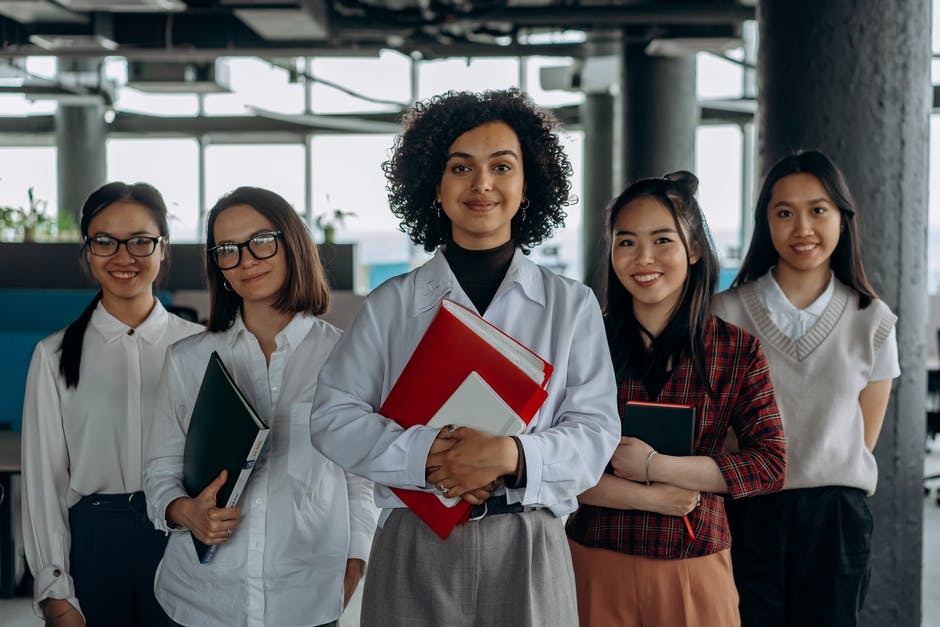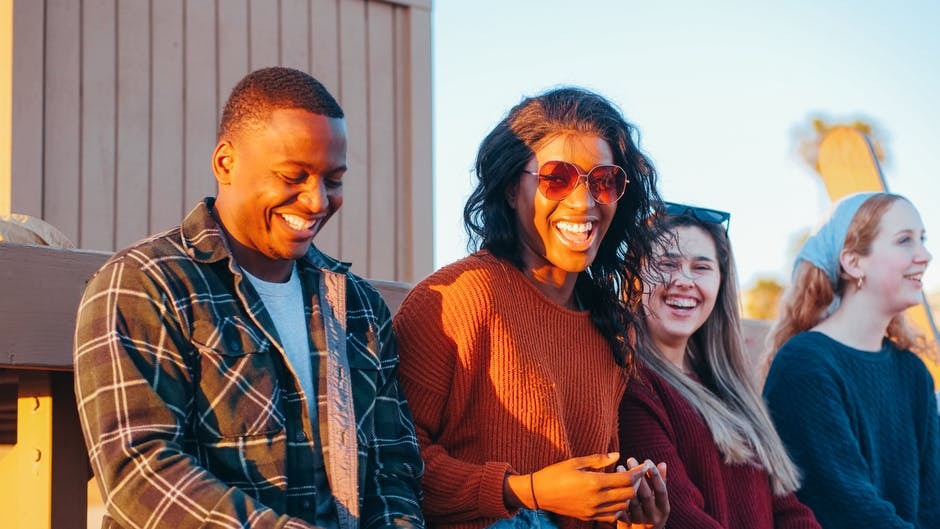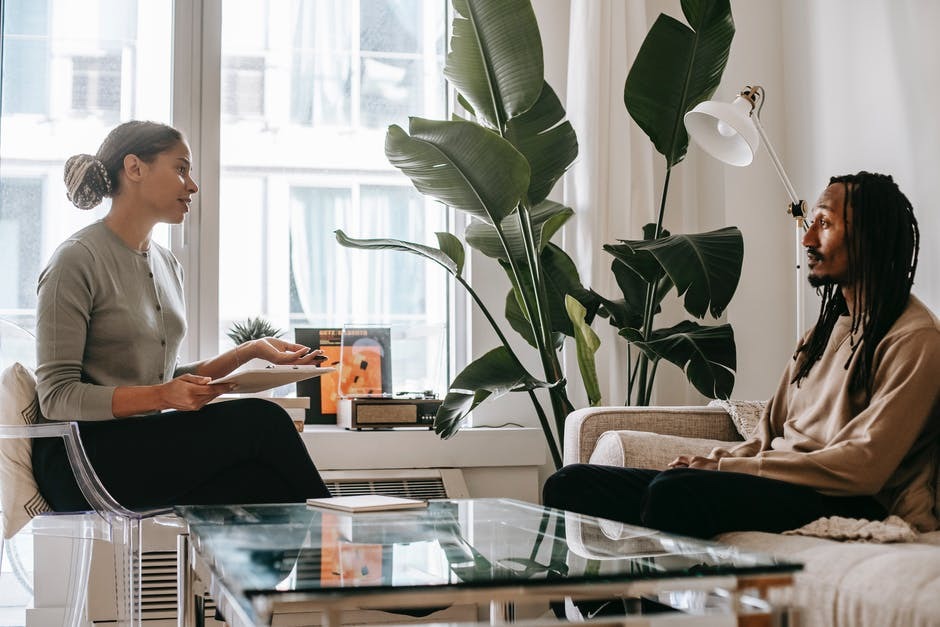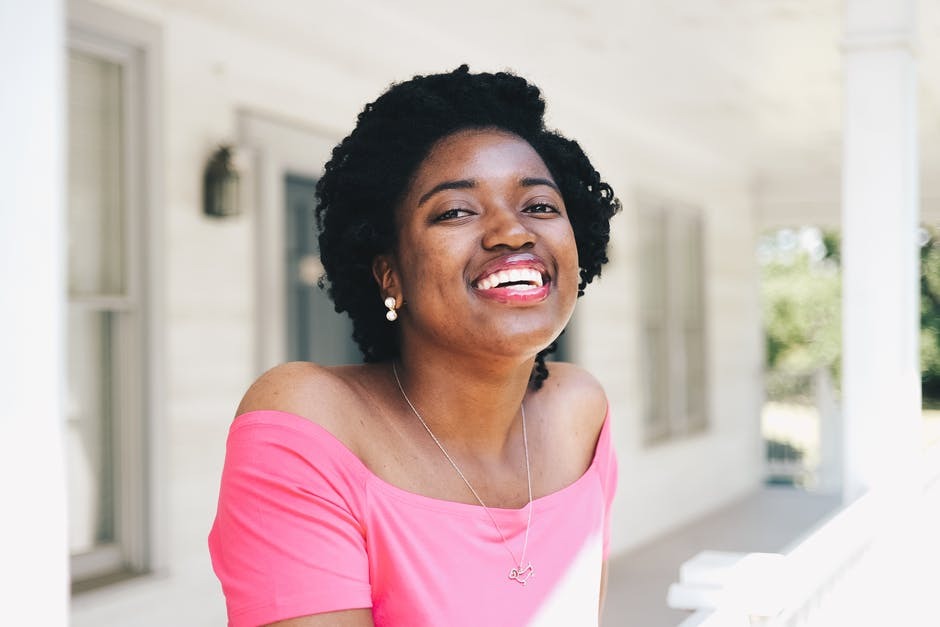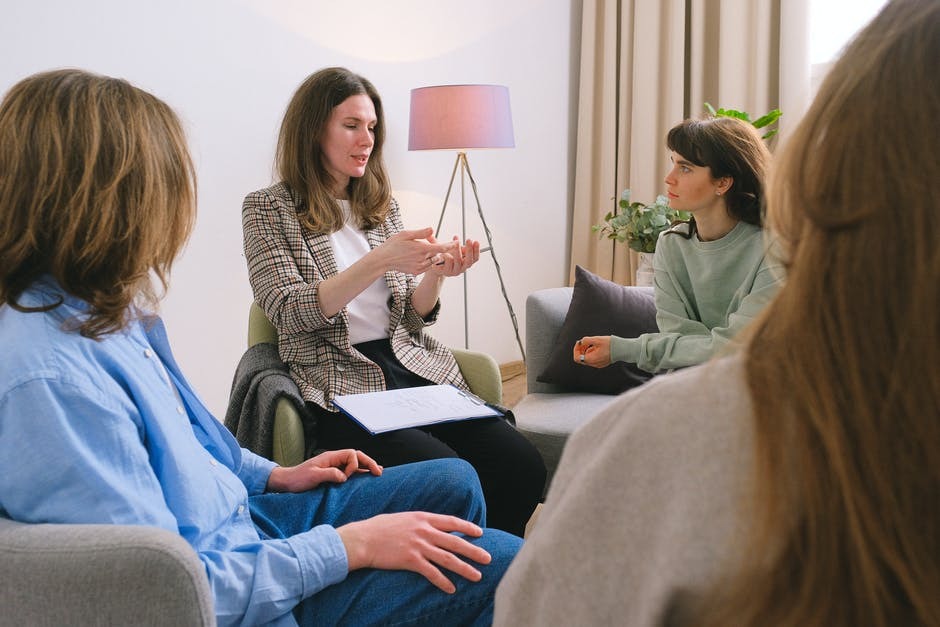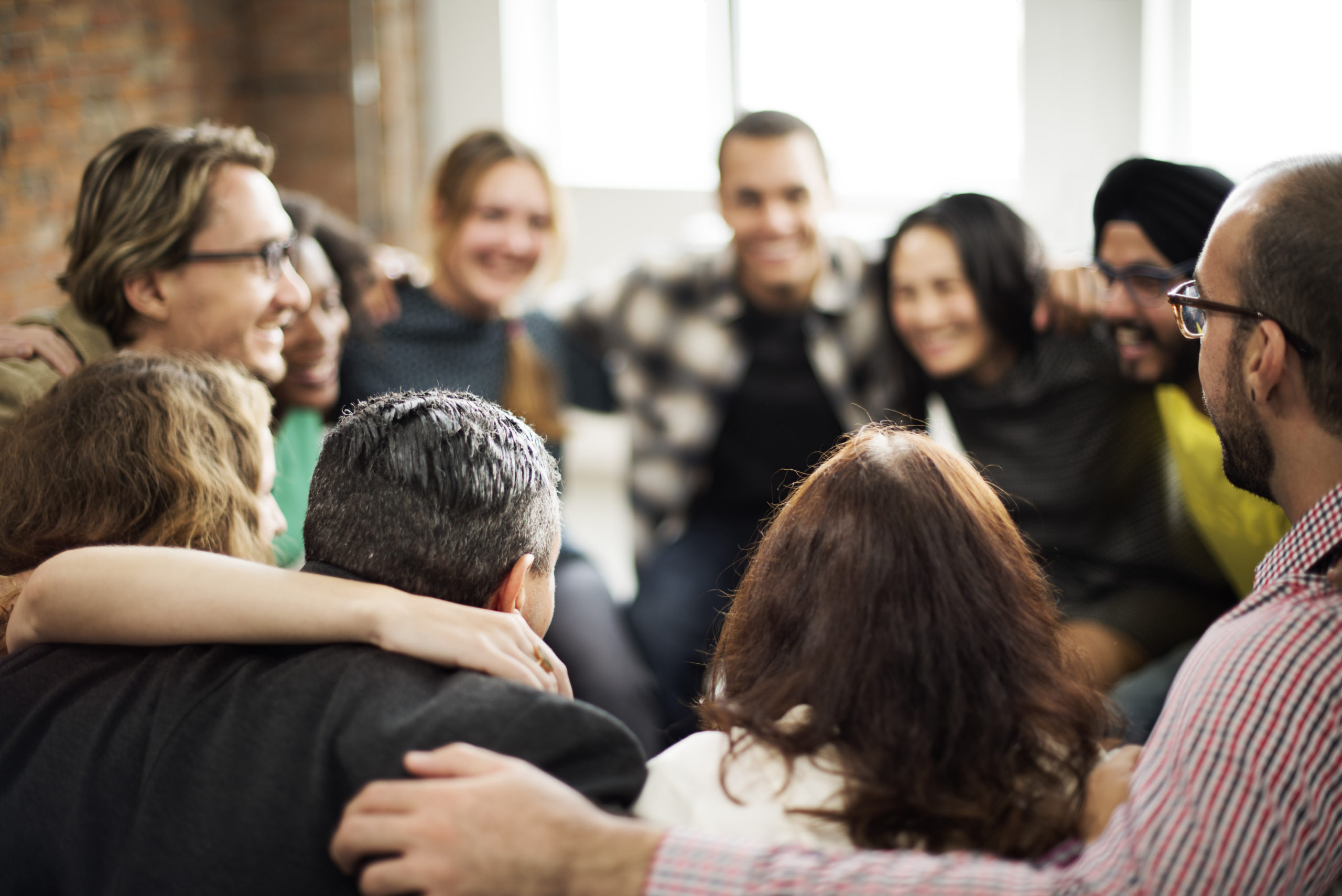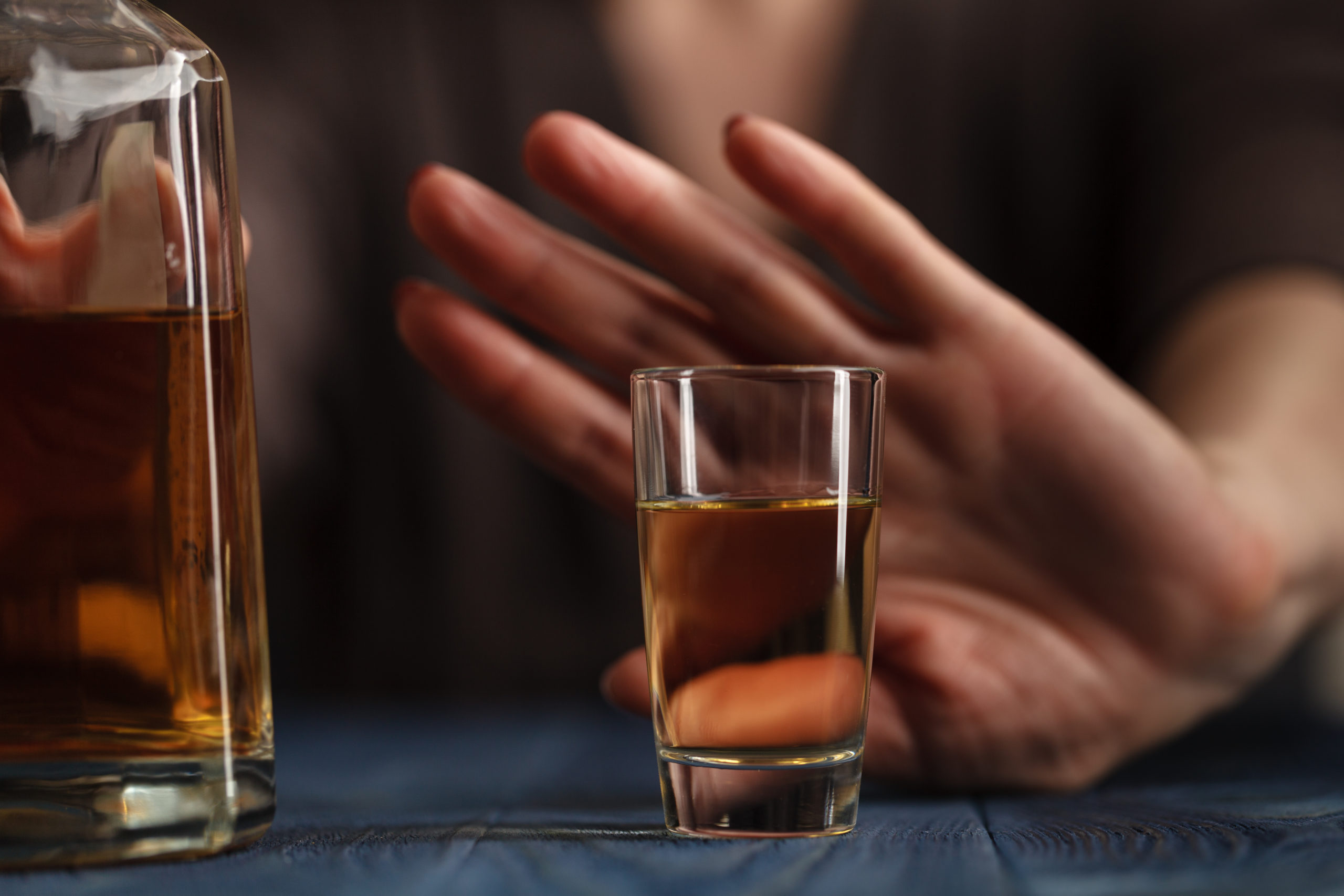The care team at Newport Beach Recovery Center is passionate about helping people who want to achieve and maintain sobriety. The tight-knit community at our facility provides a positive, family-like environment where clients can heal and recover. Treatment requires active participation, which is easier to maintain when clients feel heard, understood, and valued.Â
We believe therapy for substance use disorder (SUD) and co-occurring disorders should involve personal engagement and compassionate care from all staff and management. We work as a team to ensure all clients feel welcomed into our program. Our program models healthy social interactions for clients and uses various therapeutic methods to provide comprehensive treatment. Our mission is to provide high-quality treatment for individuals with SUD.Â
What Sets Our Team Apart?Â
At Newport Beach Recovery Center, we care about everyone who struggles with addiction, regardless of whether they attend our facility. Our managers and staff spend countless hours helping families find the help they desperately need to heal from the effects of addiction. We understand that having a loved one in crisis is never easy, and we are here to help. We do this in a few ways, including:
- Talking to individuals and families during crisis momentsÂ
- Providing admissions assistance and client support over the phone
- Gathering information that allows us to provide referrals to high-quality programsÂ
- Assisting individuals and families who feel overwhelmed by the treatment optionsÂ
You are not alone, and we will never leave you to figure out the next step alone. If you or your loved one needs help, our dedicated team is here to answer your questions and direct you to the best treatment option to meet your needs.Â
How Do You Benefit From an Effective Care Team?Â
Teams that care about their clients offer more effective treatment options and can provide better outcomes. Clients are Newport Beach Recovery Center can benefit from the following:
- Empowering interactions with the care team and peersÂ
- Active engagement in individual and group therapy
- Consistent levels of care throughout the treatment process
- Increased self-confidence and self-esteemÂ
Personalized care works best when the client feels comfortable enough to be vulnerable and open up to the care team. Honest communication relies on a positive relationship between the client and the care team. We use various methods to improve treatment effectiveness and ensure our clients feel heard during treatment. You or your loved one can count on us to always go the extra mile.Â
Even upper management plays a part in the day-to-day running of our facility by interacting with clients and their families. Every team member is invaluable to the process and brings advantages to team care. According to the Substance Abuse and Mental Health Services Administration (SAMHSA), “Motivation is the key to substance use behavior change.†Interactions with our whole team can motivate greater change and help clients overcome ambivalence toward treatment.Â
When Does Treatment Management Start?Â
Our team works together from the beginning, which means our clients interact with multiple levels of management and staff from the first point of contact through aftercare support. We are a cohesive unit that engages with clients throughout the day to ensure they feel safe, comfortable, and confident in our ability to help them recover from SUD.Â
We work together to provide clients with personalized care tailored to their unique experiences, needs, and preferences by offering the following:Â
- Accommodations for cultural or religious beliefsÂ
- Gender-focused therapyÂ
- Trauma-informed careÂ
- Diverse treatment optionsÂ
- Alternative and natural healing remedies
According to the National Institute on Drug Abuse (NIDA), “Matching treatment settings, interventions, and services to an individual’s particular problems and needs is critical to his or her ultimate success in returning to productive functioning in the family, workplace, and society.†Our team works together to give clients the individualized tools they need to achieve and maintain sobriety.Â
How Does a Team Improve Treatment Outcomes?Â
A whole team working together can see issues a client may encounter before it becomes a problem. In addition, every team member comes with a unique perspective that can give the client insight, support, and inspiration as they begin to heal and work through the recovery process. Teamwork can improve treatment by doing the following:Â
- Offering multiple perspectives on recovery and treatmentÂ
- Ensuring clients have access to effective therapies
- Providing complementary therapy methods and skills
According to The American Psychologist, “The coordination and delivery of safe, high-quality care demands reliable teamwork and collaboration within, as well as across, organizational, disciplinary, technical, and cultural boundaries.†Every member of our team goes above and beyond to ensure clients get high-quality, compassionate care and the best possible outcome. Â
A caring team is willing to go the extra mile and ensure that clients receive the compassion and support they deserve throughout the treatment and recovery process. The upper management, counselors, and staff at Newport Beach Recovery Center offer only the best care to our clients. We want to ensure everyone feels safe and comfortable while undergoing substance use disorder (SUD) treatment. Clients with a team caring for them are more likely to create healthy interpersonal bonds and have better outcomes. We use comprehensive client assessments and regular communication to ensure personalized care that meets the needs of our clients. To learn more about our programs and services at Newport Beach Recovery Center, call us today at (855) 316-8740. We are always here to answer your questions and provide information to families or individuals who need help recovering from the effects of SUD.Â

